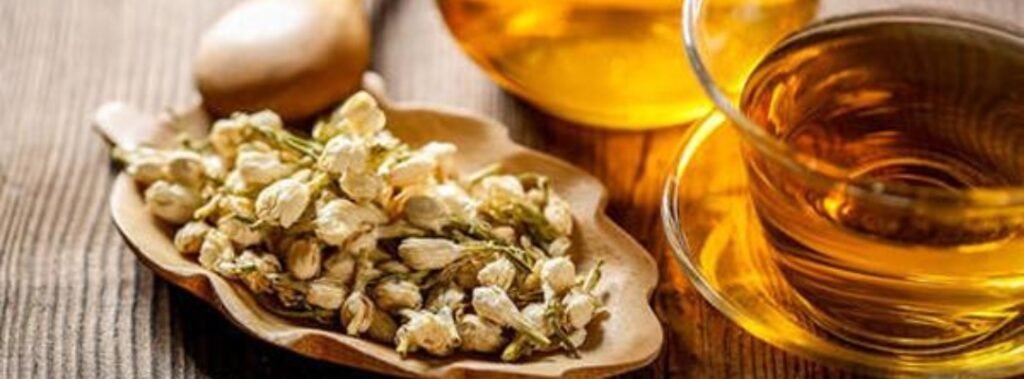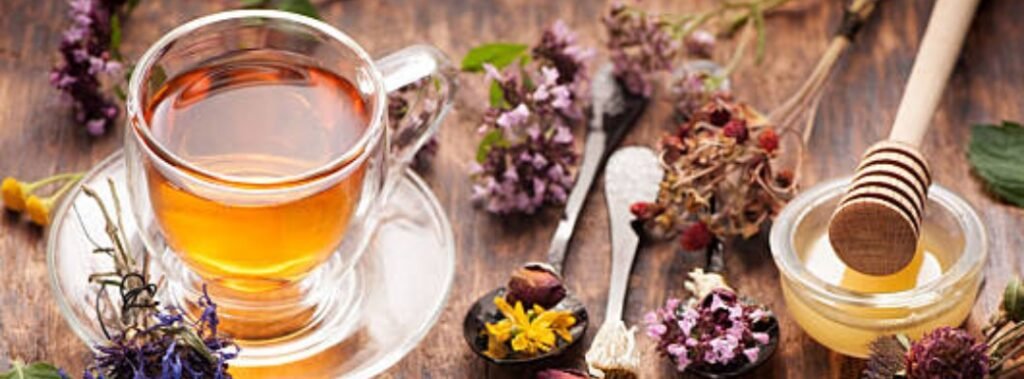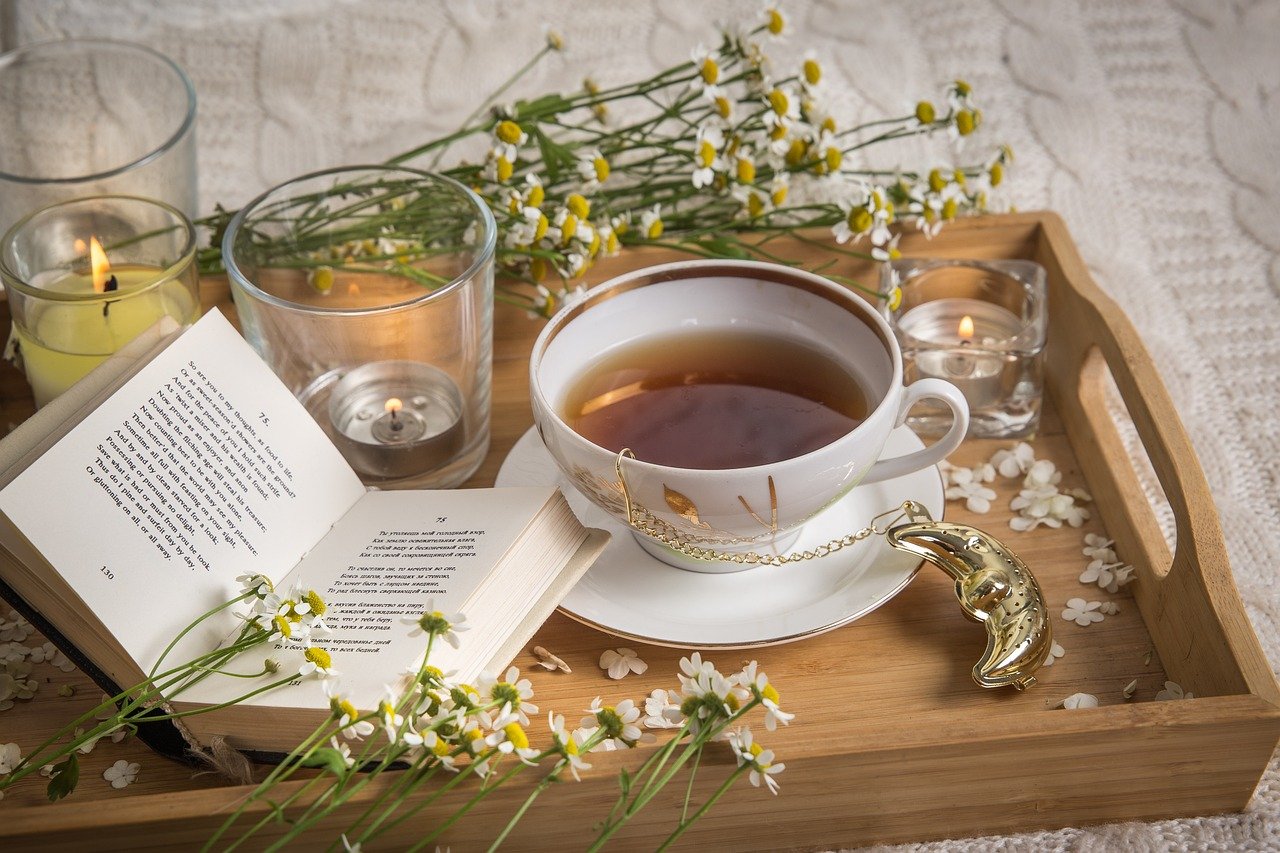In a world filled with constant stimulation and stress, achieving restful sleep can feel like an elusive dream. Fortunately, nature offers a gentle remedy in the form of herbal tea—a soothing elixir that calms the mind, relaxes the body, and prepares us for a night of deep and restorative slumber. Join us as we explore the tranquil world of herbal infusions and uncover the botanical wonders that can help you drift off into sweet dreams.
The Ritual of Relaxation
In our fast-paced world, winding down at the end of the day can be a challenge. Herbal tea offers a simple yet profound ritual of relaxation—a moment to pause, breathe, and release the stresses of the day. Whether enjoyed alone in quiet solitude or shared with loved ones in the warmth of evening conversation, brewing a cup of herbal tea signals to the body and mind that it’s time to unwind and prepare for sleep.
Calming the Mind, Soothing the Soul
At the heart of herbal tea‘s sleep-inducing effects lies its ability to calm the mind and soothe the soul. Herbs such as chamomile, lavender, and lemon balm are prized for their gentle sedative properties, helping to reduce anxiety, alleviate stress, and promote feelings of relaxation and well-being. By sipping on a cup of herbal tea before bedtime, we invite tranquility into our lives and create a peaceful sanctuary for restful sleep.
Melting Away Tension and Stress
Physical tension and stress are common barriers to restful sleep, leaving us tossing and turning throughout the night. Herbal teas containing herbs like passionflower, valerian root, and skullcap can help to relax tense muscles, ease nervous tension, and promote a sense of calmness and serenity. By releasing physical tension and stress, herbal tea prepares the body for sleep, allowing us to sink into a state of deep relaxation and blissful repose.

Supporting Sleep Patterns and Circadian Rhythms
Our bodies are governed by internal clocks known as circadian rhythms, which regulate sleep-wake cycles and other physiological processes. Herbal teas containing herbs like chamomile, valerian, and passionflower help to support healthy sleep patterns by synchronizing our circadian rhythms and promoting the production of melatonin, the hormone responsible for sleep. By drinking herbal tea consistently as part of a bedtime routine, we can reinforce our body’s natural sleep-wake cycle and improve the quality and duration of our sleep.
Nourishing the Nervous System
The nervous system plays a crucial role in sleep regulation, with overstimulation and stress often disrupting its delicate balance. Herbal teas containing nervine herbs like oat straw, lemon balm, and skullcap help to nourish and support the nervous system, reducing hyperactivity and promoting relaxation. By calming the nerves and quieting the mind, these herbs pave the way for a smooth transition into sleep, allowing us to drift off into peaceful slumber.
Embracing the Healing Power of Nature
At its core, herbal tea embodies the healing power of nature—a gentle reminder of the interconnectedness of body, mind, and spirit. In embracing herbal infusions as a tool for sleep, we honor the ancient wisdom of herbal medicine while embracing the modern science that validates their efficacy. Whether seeking solace in the delicate aroma of chamomile or finding comfort in the warmth of passionflower, herbal tea offers a natural and holistic approach to sleep that nourishes the body, mind, and soul.

As we bid farewell to our exploration of herbal tea‘s ability to promote restful sleep, let us carry with us the wisdom of the plants and the tranquility of their brew. From the soothing embrace of chamomile to the calming allure of valerian root, herbal infusions offer a sanctuary of serenity amidst the chaos of modern life. So, the next time you find yourself in need of a good night’s sleep, reach for a cup of herbal tea and let its gentle embrace lull you into sweet dreams.
